
Catch up on the top AI-related news and research in radiology over the past month.


Catch up on the top AI-related news and research in radiology over the past month.

Catch up on the top radiology content of the past week.
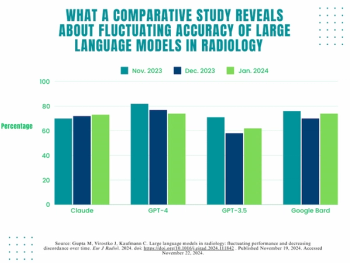
While GPT-4 demonstrated higher overall accuracy than other large language models in answering ACR Diagnostic in Training Exam multiple-choice questions, researchers noted an eight percent decrease in GPT-4’s accuracy rate from the first month to the third month of the study.
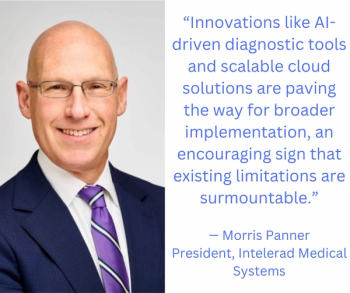
Emerging trends with artificial intelligence and cloud technology may reinvent efficiency and scalability with radiology workflows.

The AI-enabled EchoGo® Amyloidosis software for echocardiography has reportedly demonstrated an 84.5 percent sensitivity rate for diagnosing cardiac amyloidosis in heart failure patients 65 years of age and older.
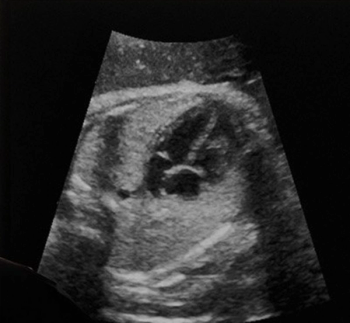
Reportedly developed on over 90,000 ultrasound exams, the BrightHeart AI software identifies suspicious findings suggestive of congenital heart defects through AI-powered evaluation of fetal heart morphology.

Catch up on the top radiology content of the past week.
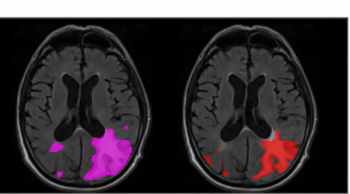
Icobrain.aria is reportedly the first AI software geared toward the detection and monitoring of amyloid-related imaging abnormalities (ARIAs) on brain MRI.
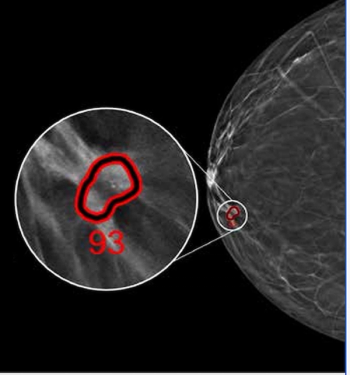
Employing advanced deep learning convolutional neural networks, ProFound Detection Version 4.0 reportedly offers a 50 percent improvement in detecting cancer in dense breasts in comparison to the previous version of the software.
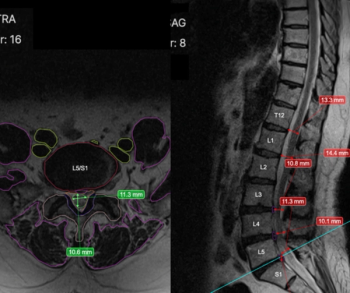
Trained on over five million spine MRI scans, the RAI software reportedly facilitates rapid pathology detection and enhanced consistency with disc measurement.

Catch up on the top radiology content of the past week.
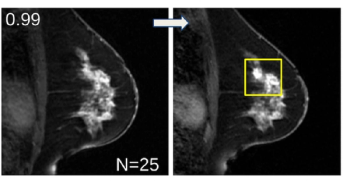
An artificial intelligence (AI) model demonstrated a 72 percent AUC for predicting breast cancer one year before a subsequent MRI.

In recent interviews, Eric Rohren, M.D., and Krishna Nallamshetty, M.D., discuss the potential of abdominal aortic aneurysms (AAAs) to progress into life-threatening consequences and an emerging AI-powered tool that may bolster adherence to best practice recommendations in radiology reporting of incidental AAA findings on CT and MRI.
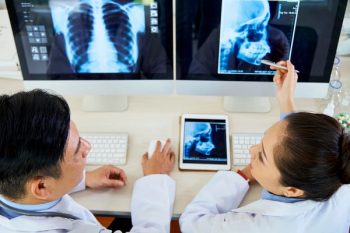
Self-imposed fears of embarrassment may lead to an inadvertent defensive stance that prevents us from learning.

Catch up on the top radiology content of the past week.
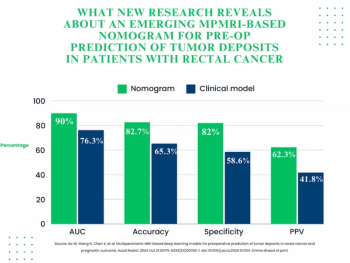
For patients with rectal cancer, an emerging nomogram that combines deep learning and clinical factors had greater than 16 percent and 23 percent increases in accuracy and specificity, respectively, for pre-op prediction of tumor deposits in comparison to clinical factors alone.
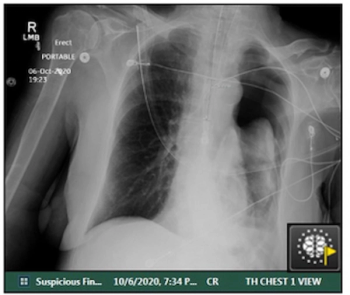
For clinically actionable pneumothorax, an artificial intelligence algorithm demonstrated a 93 percent AUC and a 96 percent specificity rate in a study involving chest X-rays from over 27,000 adults.
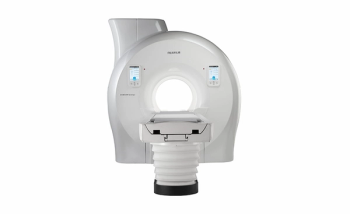
Emerging technologies included with the 10th version of the 1.5T MRI platform include Synergy DLR Clear and Synergy Vision that are geared toward mitigating common challenges with artifacts.
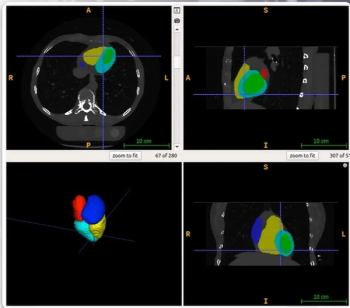
The AI-enabled AutoChamber software also garnered the FDA’s breakthrough device designation for opportunistic detection of enlarged heart chambers on non-contrast CT scans.
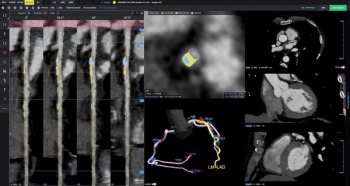
Al-powered quantitative assessment of coronary CT angiography (CCTA) revealed that non-calcified plaque volume was over 3.5 times higher in patients who had major adverse cardiovascular events, according to multicenter research presented at the Transcatheter Cardiovascular Therapeutics (TCT) conference.
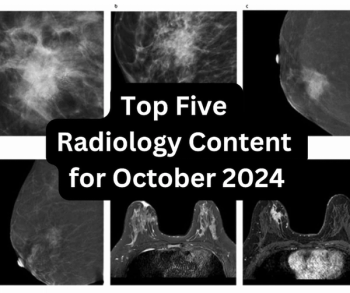
Catch up on the most-well viewed radiology content in October 2024.

Catch up on the top radiology content of the past week.

Catch up on the top AI-related news and research in radiology over the past month.
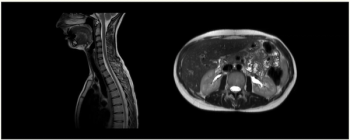
The Ezra Blueprint scan reportedly includes quantitative brain measurements, coronary calcium scoring (CAC) and a full-body MRI that provides screening for over 500 conditions.
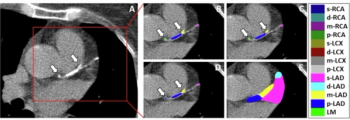
For segment-level coronary artery calcium (CAC) scoring, a deep learning model had an accuracy rate of 73 percent for assigning calcifications to coronary artery segments and achieved a micro-average specificity of 97.8 percent.